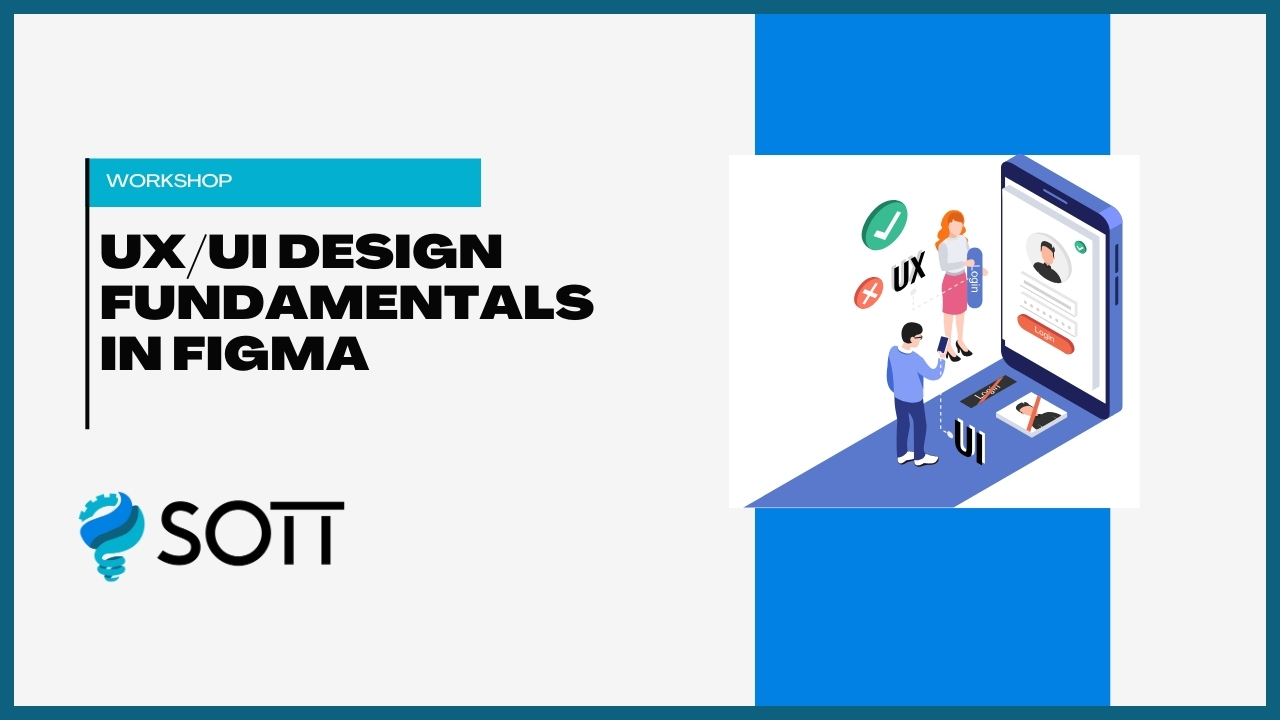Lesson 1: Introduction to Project Management
-
What is Project Management? - Definition, Objectives and Benefits, The Role of a Project Manager
-
Key Project Management Concepts - Triple Constraint (Scope, Time, Cost), Project Lifecycle vs Product Lifecycle, Stakeholders and Their Influence
Lesson 2: The Project Environment
-
Organizational Structures - Functional, Projectized, and Matrix Structures, How Structures Influence Project Management
-
Project Governance - Decision-Making Frameworks, Roles and Responsibilities
-
Enterprise Environmental Factors (EEF) and Organizational Process Assets (OPA) - Definitions and Examples, Their Impact on Projects
Lesson 3: The Role of a Project Manager
-
Leadership Skills - Communication, Conflict Resolution, Team Motivation
-
Technical Project Management Skills - Planning and Scheduling, Risk and Resource Management
-
PMI Talent Triangle - Technical, Leadership, and Strategic Skills
Lesson 4: Key Project Management Theories
-
Project Management Frameworks - PMBOK Guide Overview, Waterfall Model, Agile Approach
-
Key Theoretical Models - Tuckman’s Team Development Model, Maslow’s Hierarchy of Needs
Lesson 5: Stakeholder Management Fundamentals
-
Identifying Stakeholders - Stakeholder Types, Stakeholder Mapping
-
Engaging Stakeholders - Strategies for Effective Engagement, Managing Conflicting Interests
Lesson 1: Project Management Process Groups
-
Overview of the Five Process Groups - Initiating, Planning, Executing, Monitoring and Controlling, Closing
-
Process Group Relationships - Iterative Nature of Processes, Integration Across Project Phases
Lesson 2: Knowledge Areas
-
Integration Management - Developing a Project Charter, Managing Project Knowledge, Performing Integrated Change Control
-
Scope Management - Collecting Requirements, Defining and Validating Scope, Controlling Scope
-
Schedule Management - Defining Activities, Sequencing Activities, Developing and Controlling Schedules
-
Cost Management - Estimating Costs, Budget Determination, Cost Control
-
Risk Management - Risk Identification and Analysis, Planning Risk Responses, Monitoring Risks
Lesson 3: Advanced Planning Techniques
-
Resource Allocation and Optimization - Resource Leveling, Resource Smoothing
-
Critical Path Method (CPM) - Identifying Critical Activities, Calculating Float
Lesson 4: Monitoring and Control Processes
-
Tracking Project Performance - Earned Value Management (EVM), Variance Analysis
-
Managing Changes - Change Requests, Change Control Boards
Lesson 1: Stakeholder and Communication Management
-
Stakeholder Management - Identifying Stakeholders, Stakeholder Engagement Strategies
-
Communication Management - Planning Communications, Managing and Monitoring Information Flow
Lesson 2: Agile Practices in Project Management
-
Agile Methodology Overview - Agile Manifesto and Principles, When to Use Agile
-
Hybrid Project Management - Combining Agile and Traditional Approaches
-
Tools for Agile Project Management - Scrum Boards, Burndown Charts
Lesson 3: Tools and Technology for Project Management
-
Project Management Tools - Microsoft Project, Jira and Trello
-
Collaboration Platforms - Slack, Microsoft Teams, SharePoint
Lesson 4: Professional and Ethical Responsibility
-
PMI Code of Ethics and Professional Conduct - Responsibility and Respect, Fairness and Honesty
-
Ethical Challenges in Project Management - Managing Conflicts of Interest, Handling Sensitive Information
Lesson 5: Lessons Learned and Knowledge Sharing
-
Capturing Lessons Learned - Post-Project Reviews, Best Practices Documentation
-
Knowledge Management - Tools and Techniques, Continuous Improvement

- CategoryProject Management Professional (pmp)
- LevelIntermediate
- Duration3 Months
- Available SeatsUnlimited
Course Key Highlights
Real-Time Experts
Learn from industry experts with real-time experience.
Placement Support
Get assistance in securing your dream job with our dedicated placement support.
Live Project
Work on live projects to gain hands-on experience.
Certified Professional
Become a certified professional with industry-recognized certification.
Affordable Fees
Get the best quality education at affordable fees.
Flexibility To Assist
Flexible learning options to assist you in every way possible.
No Cost EMI
Pay your course fees in easy installments with no cost EMI.
Free Soft Skills
Develop essential soft skills along with technical knowledge.
Popular Questions to Ask Before Choosing a Course
SOTT courses include comprehensive video lessons, hands-on projects, downloadable resources, and live mentorship sessions. Our curriculum is designed to provide you with all the tools you need to succeed in your chosen field.
No, SOTT courses are designed to be flexible. You can start learning whenever it suits you best, and you have lifetime access to the course materials to learn at your own pace.
To take a SOTT course, simply enroll in the course of your choice, and you will have access to all the lessons, resources, and mentorship opportunities available. You can learn from any device, at any time.
Yes, upon completing a SOTT course, you will receive a certificate of completion, which you can share with your network and use to showcase your newly acquired skills to potential employers.
If you need help, you can reach out to our support team or connect with your course mentor for guidance. We are here to ensure you have the best learning experience possible.




